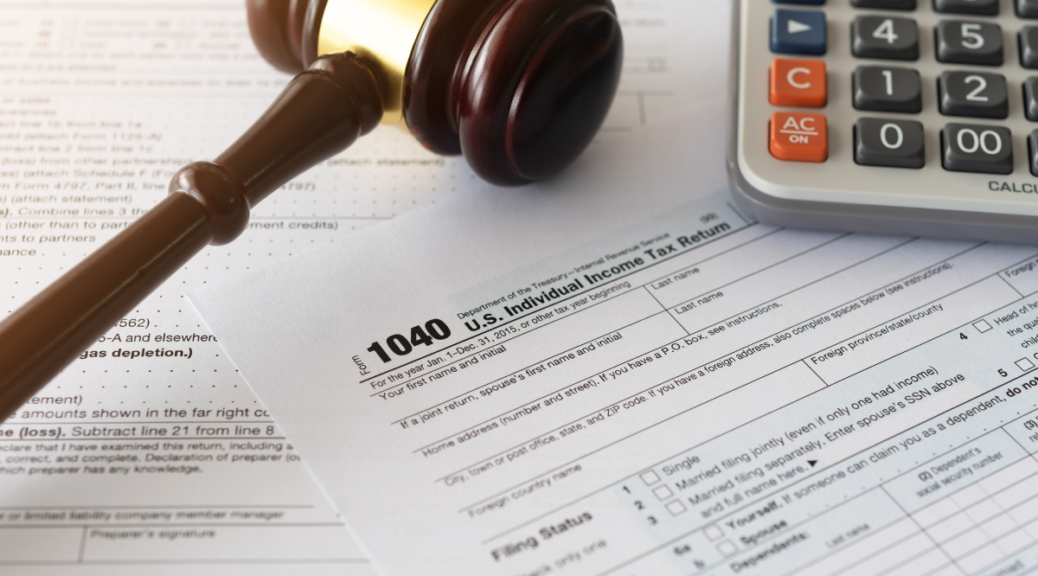Every year brings a panoply of new tax laws, passed by the United States Congress. Some of these laws are easy to implement. However, some other new tax laws can be complicated. In any case, it can make tax preparation for most people even more difficult as most people don’t keep track of the laws.
Accountants spend many hours studying the latest tax laws. We even attend webinars and conventions to learn more about these laws. It’s always a challenge! Some new tax laws make us scratch our heads while others seem to be commonsensical.
Here are several notable new tax laws to keep in mind when doing your tax preparation:
- Charitable Tax Credit increase. The America Rescue Plan deduction returns to the nonrefundable status of $2,000 per qualifying child and is limited to dependents under the age of 16.
- More charitable deduction changes. During COVID-19, taxpayers could take an above-the-line charitable donation tax deduction, meaning they are claiming the standard deduction and an additional deduction for a charitable donation. Single filers may deduct up to $300. Married couples filing jointly may deduct up to $600.
- New reporting requirement for third-party settlement organizations. This deals with Paypal, Venmo, Cash App, and other third-party payment companies. TPSOs were required to file a Form 1099-K if customers processed 200 or more transactions and received a minimum of $20,000 or more in payments. This law deletes the transaction requirement and requires Form 1099-K for any account holder who receives at least $600 in payments for goods and services. Recently, the IRS delayed implementing the new law until 2023. Though not mandatory for 2022, you may get a Form 1099-K as these third-party payment companies prepare for the upcoming change.
- Child and Dependent Care Credit Decrease. These are deductions for qualified childcare services so that you can work, you can receive a childcare credit for some or all expenses. The IRS did reduce the child and dependent care credit cap in 2022. It decreased from a maximum of $8,000 in 2021 to a maximum of $2,100 in 2022.
- Employer-sponsored retirement contributions increased. The contribution limit for elective deferrals to 401(k), 403(b), most 457 plans, and the Thrift Savings Plan increased to $20,500 for 2022. The total amount that can be contributed to a plan by you and your employer combined increased to $61,500. The catch-up contribution for taxpayers aged 50 and older stayed at $6,500.
- Clean Vehicle Credit eligibility change. If you bought a new electric vehicle after August 16, 2022, it had to have had a final assembly in North America to get the $7,500 credit. This requirement was added as part of the Inflation Reduction Act of 2021.
Some of these tax law changes may affect your tax preparation for your 2022 tax returns. If you have questions, you can consult the IRS. We highly recommend that you consult your tax advisor or accountant for your tax preparation and filing.
A.K. Burton, PC, has been working with the IRS for our clients for many years. Our firm has experienced accountants who can help you get the ball rolling with year-end tax planning for your small business. Call us at (301) 365-1974 for a consultation.
We serve the Bethesda, Rockville, and Montgomery County, MD area.
*** For more information on IRS Tax Brackets visits the Tax Foundation website.

